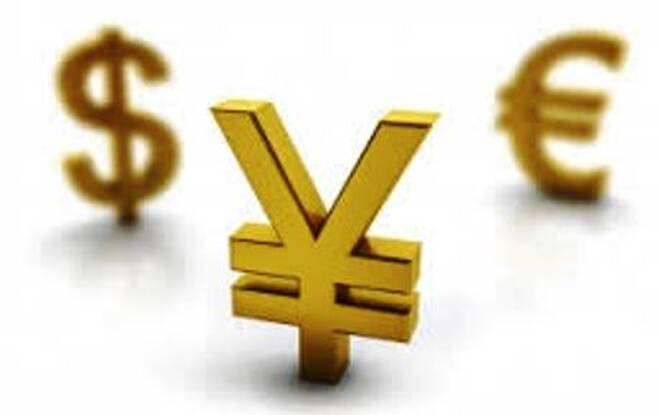Advertisement
Advertisement
AUD, NZD, JPY Begining To Recover
By:
Currency markets are slowly returning to normalcy after direct comments from the PBOC. Yesterday, in a rare press briefing, China's central bank
The moves by China rocked the commodities and currency markets around the globe while sending equity markets tumbling. The Aussie and kiwi were the most heavily effected falling to new lows but were also the first to rebound as the Chinese currency stabilized. The Aussie climbed in the morning session adding 8 points and to trade at 0.7368 while the kiwi wasn’t so fortunate. New Zealand retail sales data released this morning were very weak but the decline in the NZD was limited by a better outlook. The kiwi is down 32 points at 0.6539.
The Reserve Bank of Australia has warned investors to be on guard for unexpected fallout from China’s decision to devalue the yuan, which has triggered large shifts in exchange rates around the region. While it was still too early to judge whether the dramatic devaluation would be of benefit to Australia if it helped strengthen its biggest trade partner, there are risks it may create near-term problems, the bank’s second-most senior official said.
The same sentiment carried over to the Japanese markets. The USDJPY eased by 4 points to 124.42 and against the euro to 138.78. Among the clearest casualties of China’s devaluation is the Bank of Japan. The chances were never high that Governor Haruhiko Kuroda was going to be able to unwind his institution’s aggressive monetary experiment anytime soon. But the odds are now lower than even skeptics would have previously believed. The real question, though, is what China’s move means more broadly for Abenomics. A sharply devalued yen, after all, is the core of Prime Minister Shinzo Abe’s economic plans.
China’s devaluation tosses two immediate problems Japan’s way. The first is reduced exports. As Beijing guides its currency even lower, as surely it will, the yen will rise on a trade-weighted basis. And Bloomberg’s Japan economist Yuki Masujima points out that trade with China now contributes 13 percent more to Japanese GDP than the U.S., traditionally Tokyo’s main customer.
The US dollar recovered a bit on Thursday after sliding for the week. The greenback is trading at 96.39 after moving above the 98 level earlier this month.
About the Author
Barry Normanauthor
Advertisement
